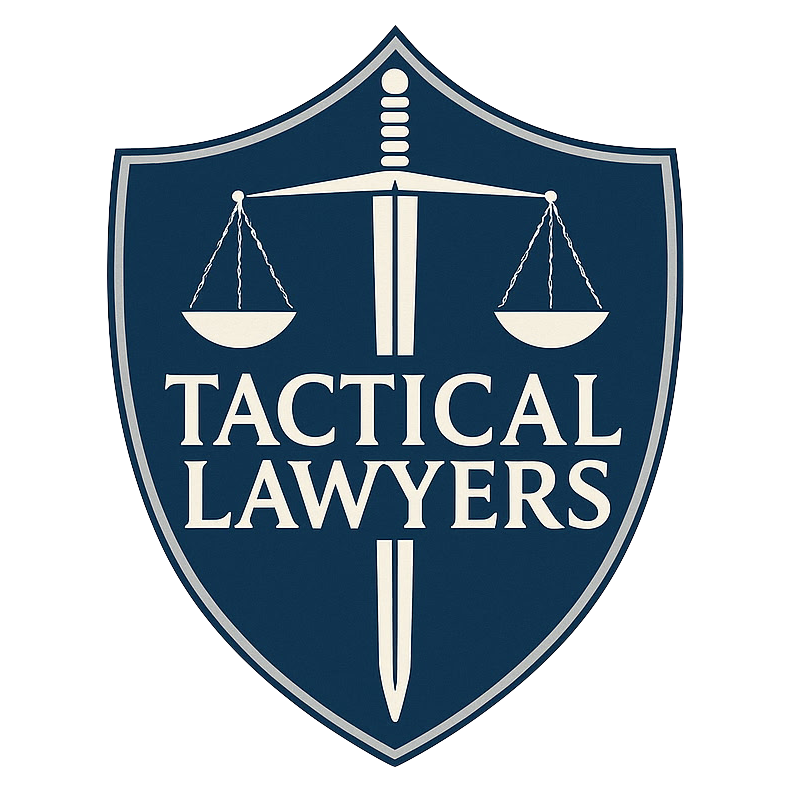Guardianship, made clear—protect your loved one while honoring their rights
When a person can’t make or communicate essential decisions, a court may appoint a guardian to help. We explain your options in plain language and recommend the least-restrictive path—often starting with alternatives like powers of attorney or supported decision-making agreements. If guardianship is appropriate, we move quickly and carefully to secure the right authority with strong oversight.
- Understand types of guardianship: emergency/temporary, limited, and full—for adults or minors.
- Learn the difference between a guardian (care decisions) and a conservator (financial decisions).
- Prepare for petitions, medical evaluations, hearings, and ongoing reporting obligations.
- Coordinate related issues—healthcare directives, special needs planning, and probate intersections.

Who we help
Guardianship touches many lives. We support families and professionals with practical steps, clear timelines, and compassionate counsel.
Parents and caregivers
Guidance for minor guardianships and transition planning as children with disabilities approach adulthood.
Adult children of aging parents
When dementia or illness impairs decision-making, we pursue least‑restrictive tools and court authority only if needed.
Hospitals and healthcare providers
Emergency/temporary guardianship petitions to authorize consent to treatment and safe discharge planning.
Fiduciaries and institutions
Court‑appointed guardians, trustees, and financial institutions seeking clarity on duties, scope, and reporting.

The guardianship process—what to expect
- Petition and evidence: We file a petition with medical or professional evaluations supporting the need and proposed scope.
- Notice and responses: Statutory notice to the respondent and interested parties; we manage objections and alternatives.
- Hearing: The court evaluates capacity, necessity, and whether less‑restrictive options suffice; a guardian ad litem may be appointed.
- Appointment: If granted, you receive Letters of Guardianship outlining authority and limits.
- Ongoing duties: Care planning, prudent decision‑making, and periodic reports to the court; modifications by motion if circumstances change.
Timelines vary by urgency and court calendars. Emergency or temporary orders may be available when immediate decisions are needed. For an overview of how matters flow at our firm, see Our Process .
Want neutral background reading? The Legal Information Institute’s guardianship primer offers helpful definitions at law.cornell.edu .
Alternatives and ethics—least‑restrictive first
Guardianship removes important rights. We begin by exploring tools that preserve autonomy while addressing safety and care—then tailor any court request to the minimum authority necessary.
- Supported decision‑making agreements that empower the individual to choose helpers without ceding rights.
- Medical and financial powers of attorney; healthcare directives and HIPAA releases to enable access and consent.
- Limited guardianships that target specific domains (e.g., medical choices) with periodic review.
- Court monitoring and care plans that align with the ward’s values, culture, and stated preferences.
Our team is led by Grant Van Der Jagt, JD (Castle Rock, CO). You’ll receive prompt communication, clear timelines, and written scopes—because every guardianship deserves careful, ethical stewardship.

Guardianship FAQs
Practical answers to help you choose the right path and avoid missteps.
Ready to protect your loved one—ethically and efficiently?
We’ll confirm conflicts, outline least‑restrictive options, and provide a practical timeline for petitions, hearings, and reporting. In‑person by appointment at 200 S. Wilcox St. Suite 206, Castle Rock, CO 80104, or virtually statewide.
Page last updated: September 12, 2025
